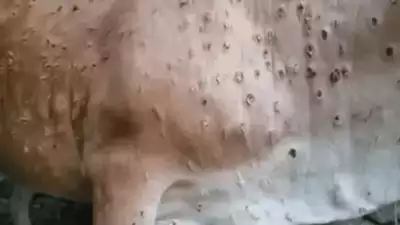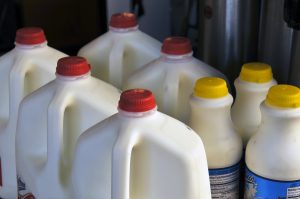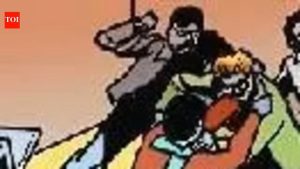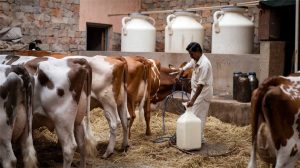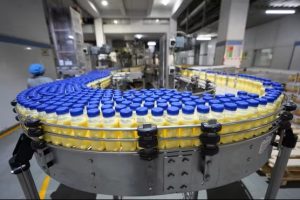
The entry of livestock into North Goa has already been prohibited by the state government to prevent the spread of the disease.
“We have a total of eight confirmed cases of LSD in the state, most of which are from Ponda area. There are no deaths due to the disease in Goa, so far,” director of the department of animal husbandry and veterinary services, Augustinho Mesquita said.
The disease is self-limiting. It manifests itself in the form of skin nodules and is associated with fever, enlargement of lymph nodes and depression. The disease also causes reduced milk yield, abortion in pregnant animals and sterility in bulls.
Since it subsequently affects milk production in dairy cattle, the impact of the disease is economic. The eight infected animals in Goa have been isolated. They are currently undergoing cosmetic treatment, which includes ointment application on the nodules and anti-allergy medication and antibiotics to prevent secondary bacterial infection.
Cattle sheds are being sprayed and fogged to ensure that the disease does not get transmitted by flies and ticks. Instructions have also been given to dairy farmers to ensure there is no stagnant water near the animals.
“The process of vaccinating cattle against LSD started in Goa, last month. We have covered a majority of the animals and have also ordered more vials as a preventive measure,” Mesquita said.
He said that the disease is not communicable to humans, but is contagious among cattle. Currently, only cattle in Goa have been detected with the disease.
“The order prohibiting the entry of livestock into North Goa from other states has been issued so that they don’t bring animals with the infection into Goa,” Mesquita said. “We can control the disease here, but if cattle start coming from outside the state then it might go out of hand. Infection in buffaloes is rare, but it does happen sometimes.”
The total cattle population of Goa is about 80,000 of which about 20,000 are stray. This includes buffaloes, nondescript crossbreeds, and dairy cattle.
Cattle are usually brought from other states into Goa for dairy farming. Buffaloes are usually brought to the state for meat consumption. Mesquita said that an infected animal’s meat is safe for consumption in case of buffaloes.
“Dairy farmers need to stop purchasing animals privately for milking. Stricter checks must be mandated at the checkpost by the RTOs stationed there,” he said.
